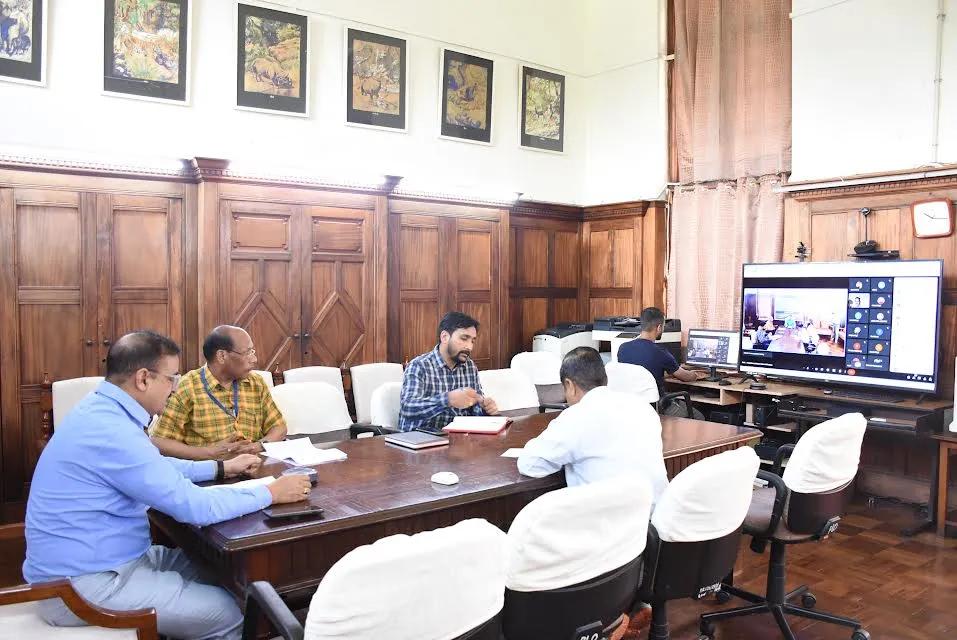Hyderabad: There are at least 5 crore people in India who are carriers of Thalassaemia ailment, as per various studies, and at least 12,000 new-born babies get added to this each year.
Under normal circumstances, though 50 per cent of thalassemia victims go on to live beyond 55 years of their age, quality of their life is not as desired, and there is a high possibility of them transferring the ailment to the next generations through their progeny.
Since 1994, May 8 is commemorated as the International Thalassaemia Day to spread awareness about the ailment. This year, the theme for this is "Be Aware. Share. Care: Strengthening Education to Bridge the Thalassaemia Care Gap". Like every other time, doctors prescribe prevention is better than cure to overcome this problem.
Dr Kishore B. Reddy, Amor Hospital said: "Thalassaemia is an inherited ailment! Even popular actors like Amitabh Bachchan and Jackie Shroff are victims of thalassaemia. Internationally renowned sporting superstars, Pete Sampras and Zinedine Zidane are among prominent people suffering from thalassaemia. Each of these and many others like them are leading an active life despite the problem. The biggest factor in this is being aware of the problem and ensuring proper care is taken, and taking necessary steps to ensure the ailment does not get carried to the next generation."
"Like this year's theme suggests, 'being aware' and 'availability of the right cure' ensures we overcome this problem. In a developing and relative nation like India it is important we spread maximum awareness about the problem to ensure our future generations are protected. This is because when both husband and wife have thalassaemia, then there is a 25 per cent probability of their children picking up a more severe variant of the ailment, and do not live beyond 30 years of age," added Dr Narender Kumar Thota, Consultant Medical & Hemato Oncologist and BMT Physician, KIMS Hospitals, Secunderabad.
Dr Gowri Sankar, HOD and Senior Consultant - Internal Medicine, SLG Hospital said: "People living with Thalassaemia need access to ongoing, disease-specific education to better understand their condition and assert their basic right of equal access to appropriate care. Thalassaemia-treating physicians must know how to detect early and accurately diagnose the condition, interact effectively with competent authorities and provide patients with the best possible care. Governments in India must play an active role to ensure we move in the right direction to build a healthy India." Healthcare practitioners say the International Thalassaemia Day is a brilliant opportunity to help people with the condition live healthier, longer, and more productive lives by empowering them through knowledge sharing, information exchange, targeted awareness activities, and quality thalassaemia education. By maximising the knowledge and skills of every person affected by thalassaemia and the people who care for them, we can achieve positive changes in health behaviours, health outcomes and quality of life, and reduce the disease burden for patients and the society. —IANS

